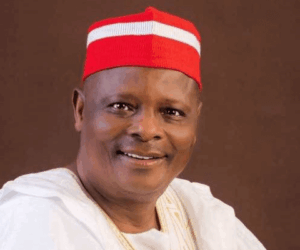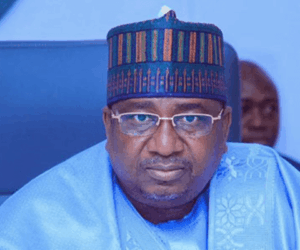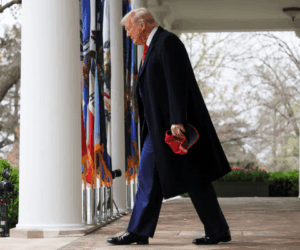Intelligence agencies from Niger, Mali, and Burkina Faso have announced plans to unveil the identities of senior Nigerian politicians allegedly linked to bandit groups wreaking havoc across Nigeria’s North-West.
Officials of the agencies confirmed that they are already in possession of names of some politicians believed to be providing support and resources to the criminal gangs.
According to Zagazola Makama, a Counter-terrorism expert on the lake Chad, several individuals suspected of supplying arms to the bandits have been arrested, with investigations currently underway to establish the extent of the networks’ reach.
Makama reported that the disclosures are part of regional initiative aimed at dismantling cross-border criminal operations that sustain insecurity in West Africa.
The report also noted that the move underscores growing concern over how political influence and illicit arms trafficking intersect to fuel violence across the region.
“This latest development comes at a time of deepening collaboration among Sahelian states in addressing insecurity.
“Niger, Mali, and Burkina Faso, countries that have experienced their own struggles with insurgencies and armed groups are increasingly coordinating intelligence, border patrols, and security operations to stem the flow of weapons and fighters”, the report said.
The analyst suggest that the revelation of Nigerian political figures allegedly tied to banditry could intensify pressure on Abuja to strengthen internal oversight, tighten border controls, and work more closely with neighboring governments.
Banditry in Nigeria’s North-West has escalated in recent years, with armed groups responsible for mass kidnappings, deadly raids on rural communities, and attacks on security personnel.
Authorities in Abuja have long accused foreign arms dealers and cross-border smuggling networks of fueling the crisis.









